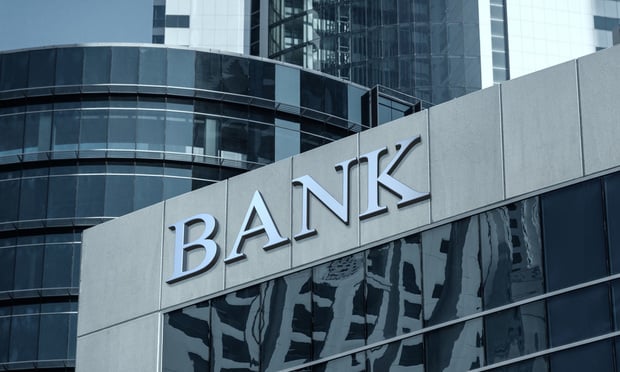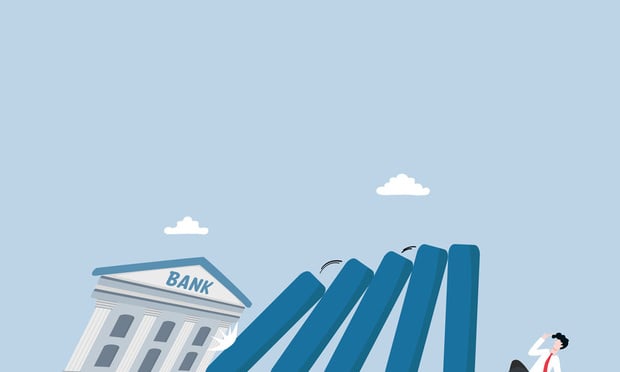We are going back to war and it isthe result of the foreign policy of Obama and Hillary. When you actweak as the leader of the world, really bad people do really badthings knowing they will get away with it. Obama started with theapology tour and speech in Cairo, he did not support therevolutionaries in Iran in 2009, he did not lead in Libya, hesupported the Muslim Brotherhood and he refused to leave the 25,000troops in Iraq that the military and CIA said were absolutelyneeded to maintain peace and to stop what has now happened. And onand on. By failing to react powerfully when Foley was beheaded hesent a message of indecision and weakness. By failing to reallystand up to Putin, he has now presented the world and especiallyEurope with a major crisis of cold war proportions. He did notreally stand up for Israel, and he failed to make sure they wererearmed with the shells, bombs and funding needed to carry on thewar, and so Hamas and Iran are encouraged to fight on. He refusedto support the moderate rebels in Syria, and he refused to rearmUkraine. He folded on Iran and now instead of the sanctions put inplace by Congress, the Iranian economy has rebounded and thepressure is off while they dangle a deal and Obama falls for thelure because he is so desperate to do any deal, no matter how bad.Obama encouraged an isolationist mentality, and that was supportedby Rand Paul which undercut the political will of the Americanelectorate to do what was needed in the world. So now we are facedwith a major terror threat worse potentially than 9-11, and a worldin utter turmoil very similar to what occurred in 1914 and 1938. Gostudy your history books and the parallels are strong.
So what does all this mean to CREin the US, Europe, and what does it mean to interest rates. Goodand bad. First the good. Despite talk of the economy improving, andwhen will the Fed raise rates, there is an enormous amount ofcapital pouring into the US and into Treasuries, the more war rampsup as it is about to do, the more capital pours in and the morepressure there will be in the market pushing the ten year to newlows. While there are signs of improvement in the US economy, thereare also signs of less than robust growth. Housing is again weaker.Even if new construction of homes may be up, it is way behind whereit should be. Jobs may getting added, but wages are not growing andthe majority of the jobs added are part time. The participationrate is still at near record lows, and the U6 is still above 12%.The jobs added may have gotten the employed number back to 2007levels but the population is now 16 million larger, so we have avery long way to go. So long as the world is headed back to a majormilitary undertaking in Iraq and Syria, there will be lowerconfidence for corporations and others to invest in major expansionand new ventures. So long as Putin is allowed to continue to do ashe wishes in Eastern Europe, there will be a continued slowdown inEurope. Possibly even a recession. Despite the supposedreorientation to Asia that Obama and Hillary claimed, it has nothappened, so now Japan, Taiwan, Australia and the Philippines areramping up defense spending rapidly since they know they cannotcount on the US to counter China. This all will keep rates lowpossibly for longer than would have been the case. Add to all ofthis , the anti corruption push in China, and the rapidly growingamount of flight capital form there to the US, and you have evenfurther pressure on rates to stay lower than they would otherwisebe going forward.
Continue Reading for Free
Register and gain access to:
- Breaking commercial real estate news and analysis, on-site and via our newsletters and custom alerts
- Educational webcasts, white papers, and ebooks from industry thought leaders
- Critical coverage of the property casualty insurance and financial advisory markets on our other ALM sites, PropertyCasualty360 and ThinkAdvisor
*May exclude premium content
Already have an account?
Sign In Now
© 2024 ALM Global, LLC, All Rights Reserved. Request academic re-use from www.copyright.com. All other uses, submit a request to [email protected]. For more information visit Asset & Logo Licensing.








